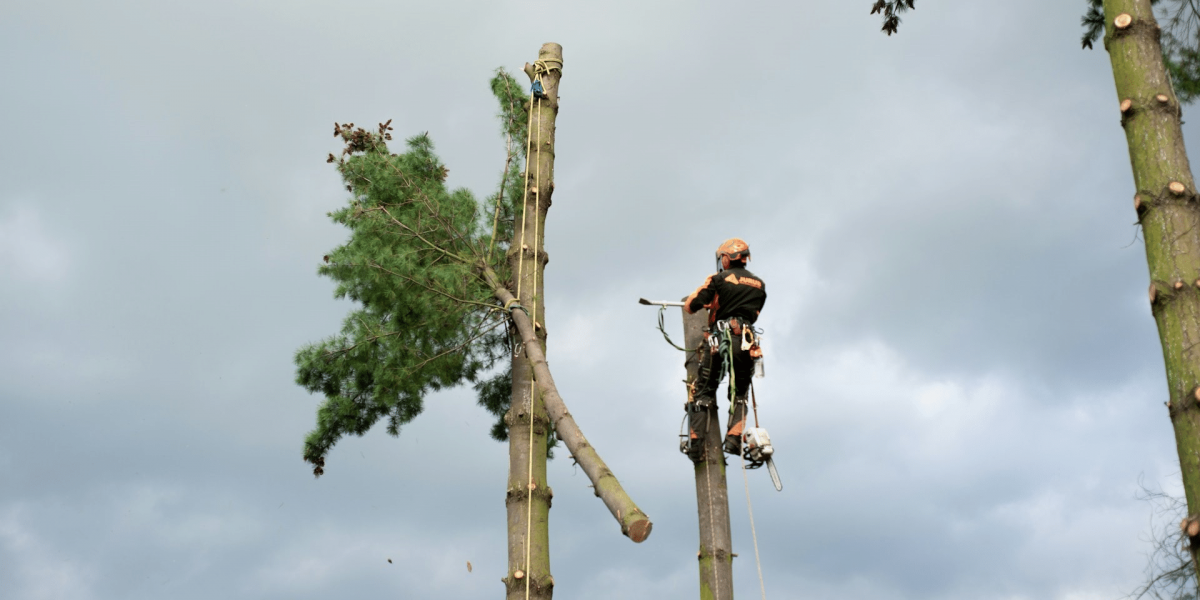Portland has long been a hub of environmental activism, and as the city continues to grapple with the challenges of climate change, it is turning its attention toward innovative solutions like wood waste as a low-carbon fuel. This development is part of a broader conversation about sustainability and renewable energy within the city. The prospect of using wood waste, a byproduct of the timber industry, as a viable fuel source has drawn attention for its potential environmental, economic, and technological benefits. At the same time, the discussion raises questions about the feasibility, scalability, and long-term impacts of this approach.
Environmental Benefits of Wood Waste as Fuel
One of the most significant advantages of using wood waste as fuel is its potential to reduce environmental impact. Wood waste, which includes leftover wood from logging, construction, and deforestation activities, is often discarded or left to decompose, releasing carbon dioxide (CO2) in the process. By repurposing this waste as fuel, Portland could minimize waste accumulation while reducing carbon emissions, especially when compared to fossil fuels.
Burning wood waste for energy, when managed properly, is considered carbon neutral. Trees absorb CO2 as they grow, and when wood is burned, this CO2 is released back into the atmosphere. In theory, this creates a balanced carbon cycle. While critics argue that the carbon neutrality of biomass fuels like wood waste is overstated, proponents highlight that using this waste for energy can be part of a larger strategy to offset emissions from non-renewable sources like coal and natural gas.
Renewable Energy and Sustainability
As part of Portland’s ongoing commitment to sustainability, wood waste has emerged as a renewable energy option that aligns with the city’s environmental goals. Unlike fossil fuels, which are finite and contribute to the degradation of natural ecosystems, wood waste is a renewable resource. It is readily available from Portland’s timber industry, and its utilization can contribute to a circular economy, reducing reliance on traditional energy sources.
Wood waste also fits into broader conversations about sustainable forestry practices. When integrated with responsible forest management, using wood waste as a fuel source supports not only energy needs but also sustainable land-use practices. This dual benefit reinforces the appeal of wood waste as part of Portland’s approach to balancing economic growth with environmental stewardship.
Carbon Emissions Reduction Potential
The most compelling reason for considering wood waste as fuel is its potential to reduce carbon emissions. Portland, like many cities around the world, is looking for ways to reduce its carbon footprint, and wood waste could offer a scalable solution. By using a byproduct that would otherwise contribute to CO2 emissions through decomposition or burning in landfills, Portland can reduce its dependence on carbon-heavy fuels.
Moreover, technological advancements in wood waste processing—such as improved combustion techniques and carbon capture and storage (CCS) technologies—could further mitigate emissions. These innovations can enhance the efficiency of burning wood waste, ensuring that energy production from biomass is as environmentally friendly as possible.
Technological Innovations in Wood Waste Processing
In recent years, there have been significant advances in the technology used to process wood waste. From improved methods of collecting and transporting waste to more efficient combustion technologies, these innovations have made it increasingly feasible to use wood waste as a reliable energy source.
Gasification is one such technological innovation that converts wood waste into syngas (synthetic gas), which can be used to produce electricity or heat. Gasification is more efficient than traditional combustion methods, reducing the amount of CO2 released and improving energy output. Furthermore, pyrolysis, another process, allows wood waste to be converted into bio-oil, which can serve as a renewable fuel for heating systems or industrial applications.
These advancements are critical in ensuring that wood waste can meet Portland’s growing energy needs while maintaining a low carbon footprint.
Economic Impacts for Portland
Beyond environmental benefits, wood waste also presents potential economic opportunities for Portland. By utilizing locally sourced wood waste, the city could create jobs in collection, processing, and transportation sectors, stimulating the local economy. Additionally, investments in wood waste energy facilities could spur growth in renewable energy infrastructure, attracting green technology companies and investors to Portland.
Using wood waste as fuel may also help reduce energy costs in the long term. As Portland transitions to more renewable energy sources, energy from wood waste could become a cost-effective alternative to fossil fuels, especially in industries that require constant energy supply.
Challenges and Criticisms of Wood Waste Fuel
While the potential benefits of wood waste as a fuel source are substantial, there are also challenges and criticisms associated with its use. One of the main concerns is whether the carbon neutrality of biomass energy is overstated. Some critics argue that the combustion of wood waste releases CO2 faster than trees can absorb it, and when this process is not managed carefully, it can contribute to deforestation and environmental degradation.
Additionally, scaling wood waste fuel for widespread use poses logistical challenges. Portland would need to establish a robust infrastructure for collecting, processing, and distributing wood waste, and there is the potential for supply chain disruptions.
Integration with Portland’s Climate Action Plan
Portland has a long-standing commitment to addressing climate change, and the city’s Climate Action Plan outlines its goals for reducing carbon emissions and transitioning to renewable energy. Integrating wood waste as a low-carbon fuel into this broader framework would align with Portland’s objectives of achieving carbon neutrality by 2050.
The use of wood waste could complement other renewable energy sources such as solar, wind, and hydropower, creating a diverse and resilient energy grid. Furthermore, Portland’s emphasis on community engagement and equitable energy solutions ensures that any new energy initiative, including wood waste, would prioritize the needs of the local population.
Government Policy and Support
To successfully implement wood waste as a low-carbon fuel, Portland will need continued government policy and support. Subsidies, tax incentives, and grants for renewable energy initiatives are essential to encouraging investment in wood waste processing technologies and infrastructure.
Federal and state-level environmental policies that promote bioenergy and sustainable resource management will also be critical in ensuring that Portland can develop a reliable wood waste energy system while maintaining ecological balance.
Local Community Engagement
Portland’s approach to sustainability often emphasizes community engagement, and the discussion around wood waste as fuel is no exception. Local organizations, environmental advocates, and community leaders are essential in driving support for new energy solutions. Public forums, educational campaigns, and local partnerships can help raise awareness about the benefits of using wood waste, while also addressing concerns around environmental impact and community involvement.
Broader Climate Change Implications
The discussion around wood waste as a low-carbon fuel is part of a broader conversation about how cities like Portland can lead the fight against climate change. As the world seeks to reduce reliance on fossil fuels and move toward renewable energy, wood waste presents one potential solution among many.
Portland’s efforts to incorporate wood waste into its energy mix could serve as a model for other cities facing similar environmental and economic challenges. By exploring innovative ways to utilize local resources, Portland continues to position itself at the forefront of climate action and sustainability.
The prospect of using wood waste as a low-carbon fuel in Portland is a promising development in the city’s broader strategy to combat climate change. While there are challenges to address, including scalability and environmental concerns, the potential benefits in terms of carbon emissions reduction, economic growth, and technological innovation make it a worthwhile endeavor. As Portland continues to pursue sustainability goals, wood waste could play a key role in the city’s renewable energy future.








